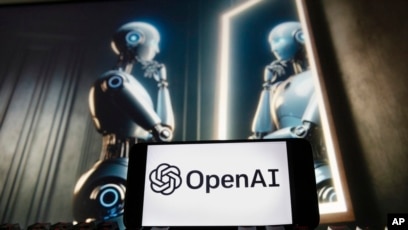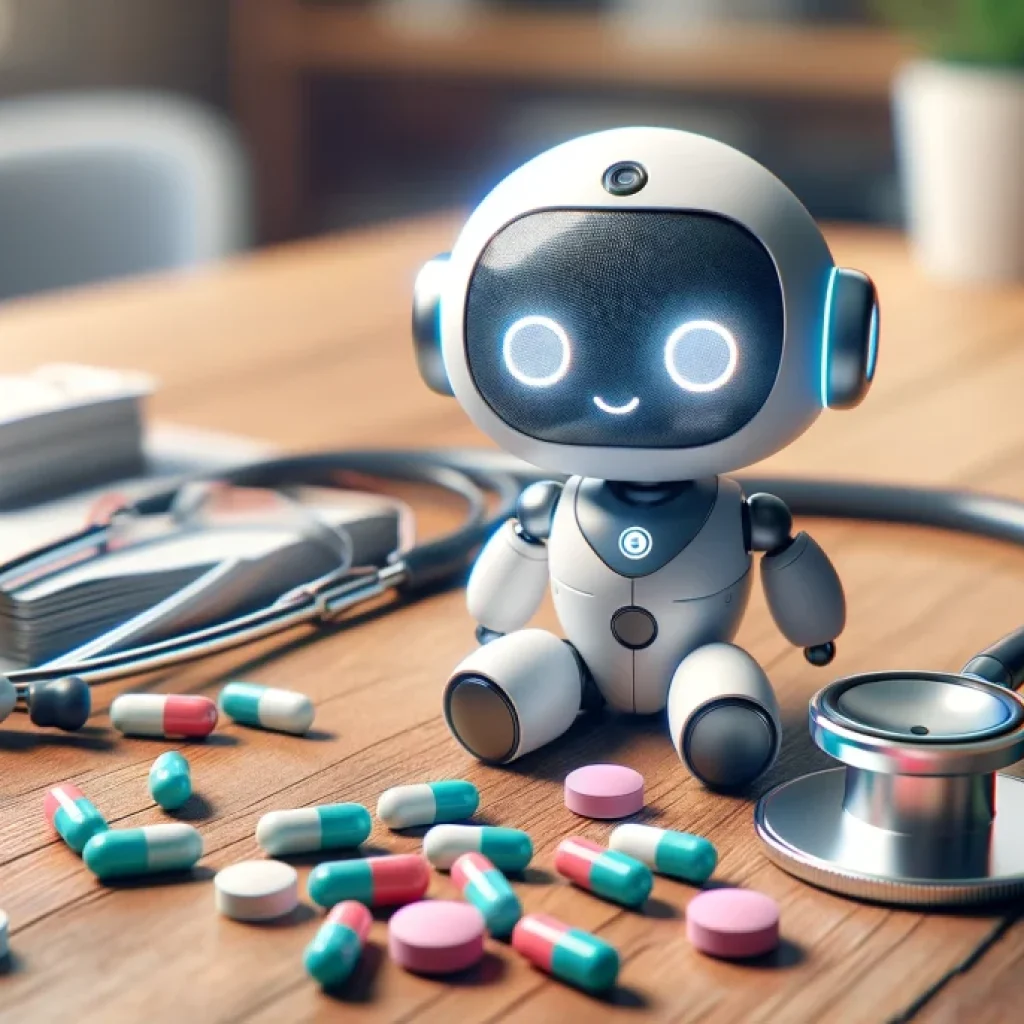In a rapidly evolving job market, the role of artificial intelligence (AI) is taking center stage as more employers turn to advanced technologies to enhance their hiring processes. Dr. Chrissann Ruehle, a prominent figure in the field of Artificial Intelligence and a professor at the College of Business, Florida Gulf Coast University, sheds light on the transformative impact AI is having on job recruitment. As organizations increasingly embrace AI to scan resumes, facilitate screening interviews, and streamline decision-making, the dynamics of the workforce are undergoing a significant shift.
The rise of AI in hiring practices
As organizations across various sectors seek to optimize their hiring processes, the integration of AI has become a common strategy. Dr. Ruehle emphasizes that AI is not only being used to scan resumes and identify top candidates but is also playing a pivotal role in conducting initial screening interviews. This marks a departure from traditional hiring methods, allowing companies to expedite the recruitment process and mitigate decision fatigue.
Dr. Ruehle underscores the need for caution in the implementation of AI technologies. She points out that companies must be vigilant in programming AI algorithms to avoid inherent biases in the screening process.
The challenge lies in developing a training set that is free from biases and designing algorithms that make unbiased decisions. Transparency becomes a critical aspect, with companies needing to be forthright about their use of AI in the hiring process.
Mitigating bias – The crucial step forward
Dr. Ruehle highlights that while the integration of AI in hiring is inevitable, organizations can navigate potential pitfalls by actively addressing issues of bias. Transparency in the development and use of AI is essential, ensuring that both candidates and employees understand the role AI plays in decision-making. Also, having robust systems in place to prevent and correct bias is imperative.
The erudite professor posits the notion that enterprises ought to ardently adopt a synergistic and cooperative modus operandi, cognizant of the fact that the impending workforce is an amalgamation of artificial intelligence and human proficiencies in harmonious concert. With an unwavering emphasis, she propounds the mantra ‘AI plus humans’ as the quintessential guiding principle for charting the trajectory of the future job market.
Dr. Ruehle contends that this symbiotic cohabitation is pivotal, asserting that it holds the proverbial key to unleashing the boundless potential of artificial intelligence in sculpting a workforce that is not only dynamic but also supremely efficient.
As we stand at the cusp of a new era in employment, where AI and human collaboration redefine the job market, the question remains: How can organizations strike the right balance between leveraging AI’s capabilities and ensuring a fair and unbiased hiring process? Dr. Chrissann Ruehle’s insights guide us toward a future where transparency, prevention of bias, and a synergistic relationship between AI and humans pave the way for a more inclusive and efficient job market.
How will companies navigate this delicate balance, and what role will individuals play in shaping the ‘AI plus humans’ workforce of the future? The answers may well determine the trajectory of the job market in 2024 and beyond.




